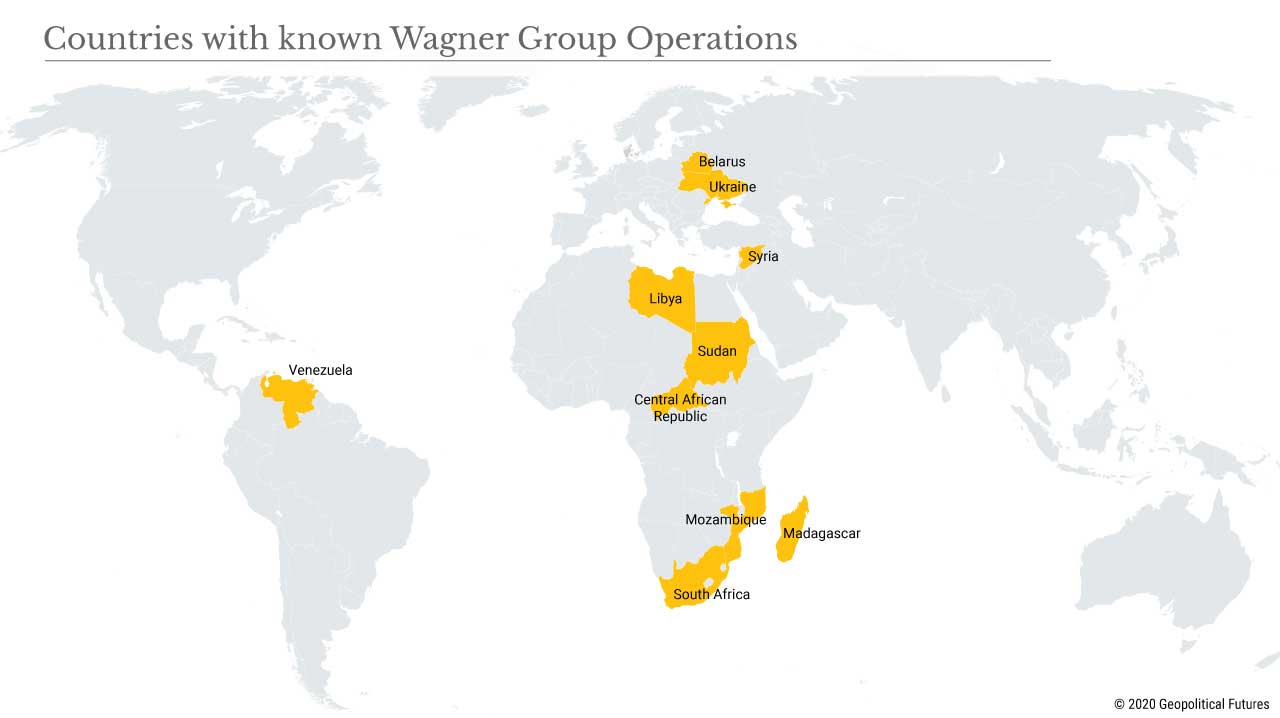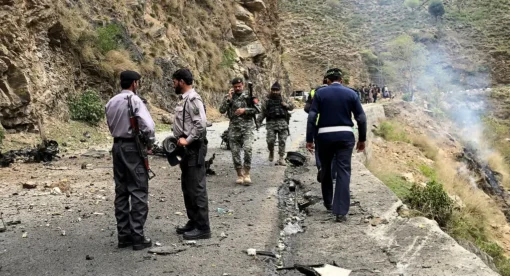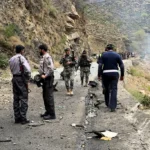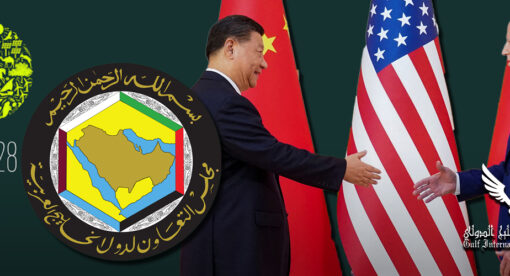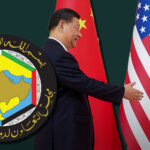The Kremlin’s focus will be closer to home from here on.
Last month, the leader of Russia’s private military company the Wagner Group led an unsuccessful revolt against Russia’s military elite. Yevgeny Prigozhin directed his forces to launch a military takeover in what was essentially the culmination of a public feud between Wagner and Russia’s top military brass that had been escalating for months. For weeks before the mutiny, Prigozhin had blamed Moscow’s hesitation to provide logistical support and supplies for Wagner’s massive casualty count – totaling more than 20,000, according to him – in the offensive on the eastern Ukrainian city of Bakhmut.
Though Prigozhin asserted that his issue was not with Vladimir Putin himself but rather with the military command, it was still an embarrassing blow to the Russian president, exposing key gaps rivals could exploit to undermine public confidence in the regime. Wagner will very likely be disbanded and its leadership purged. Prigozhin was supposedly exiled to Belarus, though the Belarusian leader recently said he was back in Russia. Much has been said about how this incident will shape the war in Ukraine, but what hasn’t received nearly as much attention is how Wagner’s collapse will change Russia’s footprint farther afield.
Everywhere All at Once
Since its establishment, Wagner has played a considerable role in Russia’s forward military posture. For Moscow, a key advantage of Wagner was that the group could help advance the Kremlin’s foreign policy goals, which include countering the U.S. presence in regions across the globe while providing a level of plausible deniability. With a far-reaching presence through mercenaries who were essentially instructed by Moscow, Russia developed a subtle, creeping influence in areas it considered geopolitically vital.
Wagner forces were deployed around the world, including in Ukraine, Venezuela, Sri Lanka, the Central African Republic, Sudan, Mali, Libya and Syria. They carried out missions such as protecting gold and diamond mines, securing authoritarian regimes and countering armed terrorist organizations. Russia also used Wagner forces in these regions to counter its international rivals, including most notably the United States. Wagner’s activities were seen as aiding Russia’s goal of cultivating dependent clientele among governments and local security groups in far-flung regions to expand Russia’s influence.
Read the rest in Geopolitical Futures.

